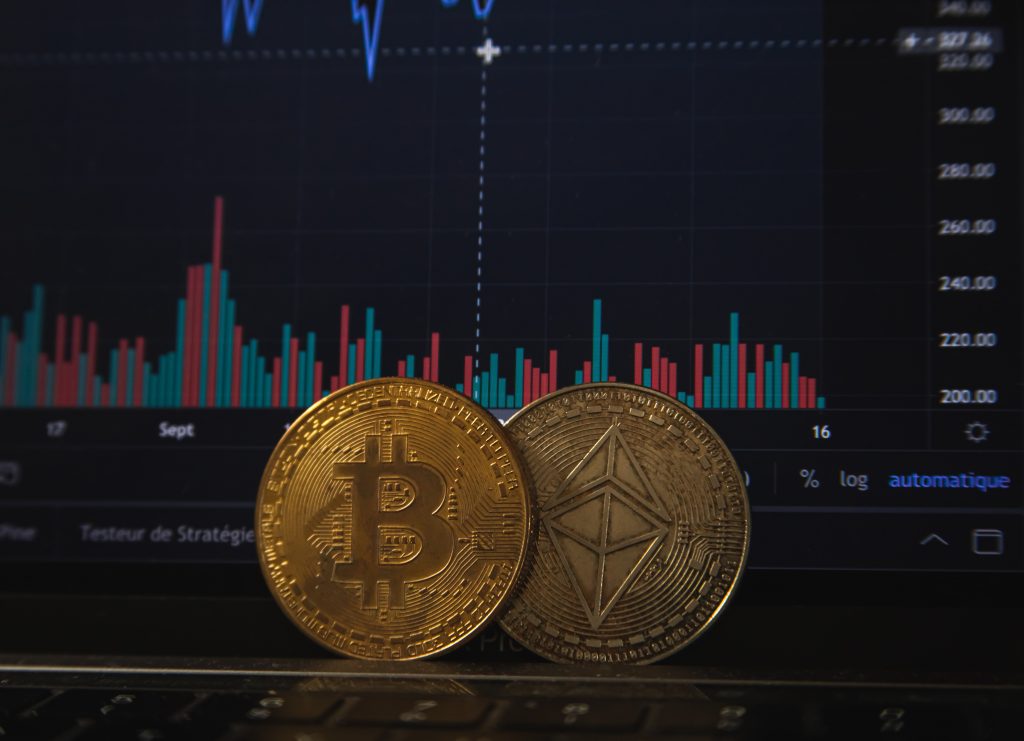By: Adib Gusti Arigoh
Hello Sobat Selaras!
Along with the development of science and technology, there are many extraordinary innovations in various fields, including in the financial sector. For example, digital currency which is called Cryptocurrency.
What is Cryptocurrency?
Then, what are the requirements to be able to trade in the physical market of Indonesian crypto assets? Let’s break it down!
1. Cryptocurrency
Cryptocurrency is currency that does not have a physical form and is formed by technology. Cryptocurrency as a digital currency of course has convenience in the interests of transactions between its users. Cryptocurrencies have many types, the most often heard is Bitcoin.
2. The Procedure of Cryptocurrency
In order to be able to operate cryptocurrency, customers must first open an account through the Know Your Customer (“KYC”) procedure.
In general, KYC is a self-identity registration process so that interested parties can identify the identity and activities of customers. After passing the KYC procedure the customer will be given an account so that they can transact.
To carry out activities on a cryptocurrency account, a person must be able to verify themselves in the security system. Technically, security in cryptocurrencies uses a cryptographic system. A cryptographic system is a data encoding process that aims to secure the confidentiality of owner information, one of the cryptographic methods is authentication.
Read More: Prosedur Perpanjangan ITAS.
In the authentication process, cryptocurrency uses digital signature techniques and hash functions. The digital signature utilizes Public Key Cryptography (PKC) which consists of a public key and a private key. Meanwhile, the hash function is a data verification process through decoding the encryption results of the computer system.
In the transaction process, the bitcoin type of cryptocurrency is peer-to-peer (“P2P”). The P2P system is a two-way communication model between computer users to share instructions or data without intermediaries. So through a P2P system, bitcoin transactions are decentralized because they are not under the auspices of a central authority.
3. Terms of Cryptocurrencies that allowed to traded in Indonesian futures market
For the overall rules, you can directly read Bappebti Rule Number 8 of 2021 concerning Guidelines for the Implementation of Crypto Assets Physical Market Trading on the Futures Exchange. To be tradable, at least one type of cryptocurrency must:
a. Meets three minimum criteria
These three criteria are mentioned in Articles 2 and 3 of the Bappebti Regulations above which essentially determine:
i. Based on distributed ledger technology
Bappebti determines the minimum criteria that tradable Crypto Assets are at least based on distributed ledger technology (“DLH”). DLH is a P2P digital system that records transactions between parties in many places at the same time.
ii. Based on Utilities Crypto Assets or Backed Crypto Assets
In addition, Crypto Assets must be in the form of Utility Crypto Assets or Backed Crypto Assets. This means that crypto assets must have social-economic usability.
iii. Has been assessed through the Analytical Hierarchy Process method
The Analytical Hierarchy Process (“AHP”) is a method that considers whether a crypto asset is worth trading or not by considering the value of the market capacity, the credibility of the transaction of the asset in question, and having economic benefits such as taxation, growing the digital economy, and having assessed the risks, including risks. money laundering, terrorism financing, and the proliferation of weapons of mass destruction.
b. Comply with the provisions for the establishment of the Futures Exchange
Crypto assets are sold on the Crypto Asset market on the Futures Exchange. These provisions are regulated in Article 5 of the above regulations, namely:
i. Get approval from the Head of Bappebti
Article 5 paragraph (1) states that: “(1) Crypto Asset Physical Market Trading can only be conducted using electronic means owned by the Crypto Asset Physical Trader which is facilitated and the market supervision is carried out by the Futures Exchange which has obtained approval from the Head of Bappebti.”
ii. Apply for an initial deposit and have a certified employee.
The minimum initial deposit amount is IDR 500,000,000,000.00. This is regulated in Article 5 paragraph (2) letter (a) of the above regulation. Then in letters b, c d, e, and f, they must maintain a minimum equity of 80% and have at least 1 employee who is certified as a Certified Information System Auditor, 1 employee who is certified as a Certified Information Systems Security Professional or cooperates with local institutions that have both certificates.
Then, futures exchanges are required to have supervision and reporting on the implementation of crypto asset market trading, have rules and regulations, and have a Crypto Asset market committee.
c. Fulfilling Futures Exchange Capital Requirements
After fulfilling the above requirements, then based on paragraphs Article 5 paragraph (3) letter (a), and (b) of the above regulations, the following must meet the capital requirements in the form:
i. Deposit transaction value
This provision applies if within a period of 3 months approval is given to establish a futures exchange, it is obligatory to deposit a maximum of Rp. 100,000,000,000.00 or 2% of the transaction value facilitated at the Futures Exchange.
ii. Maintaining the ending capital balance
Required to maintain the final capital balance of at least 80% of the paid-up capital.
The following is an explanation regarding Cryptocurrencies and their Conditions in the Indonesian Physical Asset Market. Interested in reading other articles? Visit our website at Selaras Group!
Sources:
Bappebti Regulation No. 8 of 2021 concerning Guidelines for the Implementation of Physical Market Trading of Crypto Assets (Crypto Assets) on the Futures Exchange.
Wijaya, Anka D. 2016. Getting to know Bitcoin and Cryptocurrencies. Medan: Puspantara.
Image Sources:
unsplash.com
Editor: Siti Faridah, S.H.




